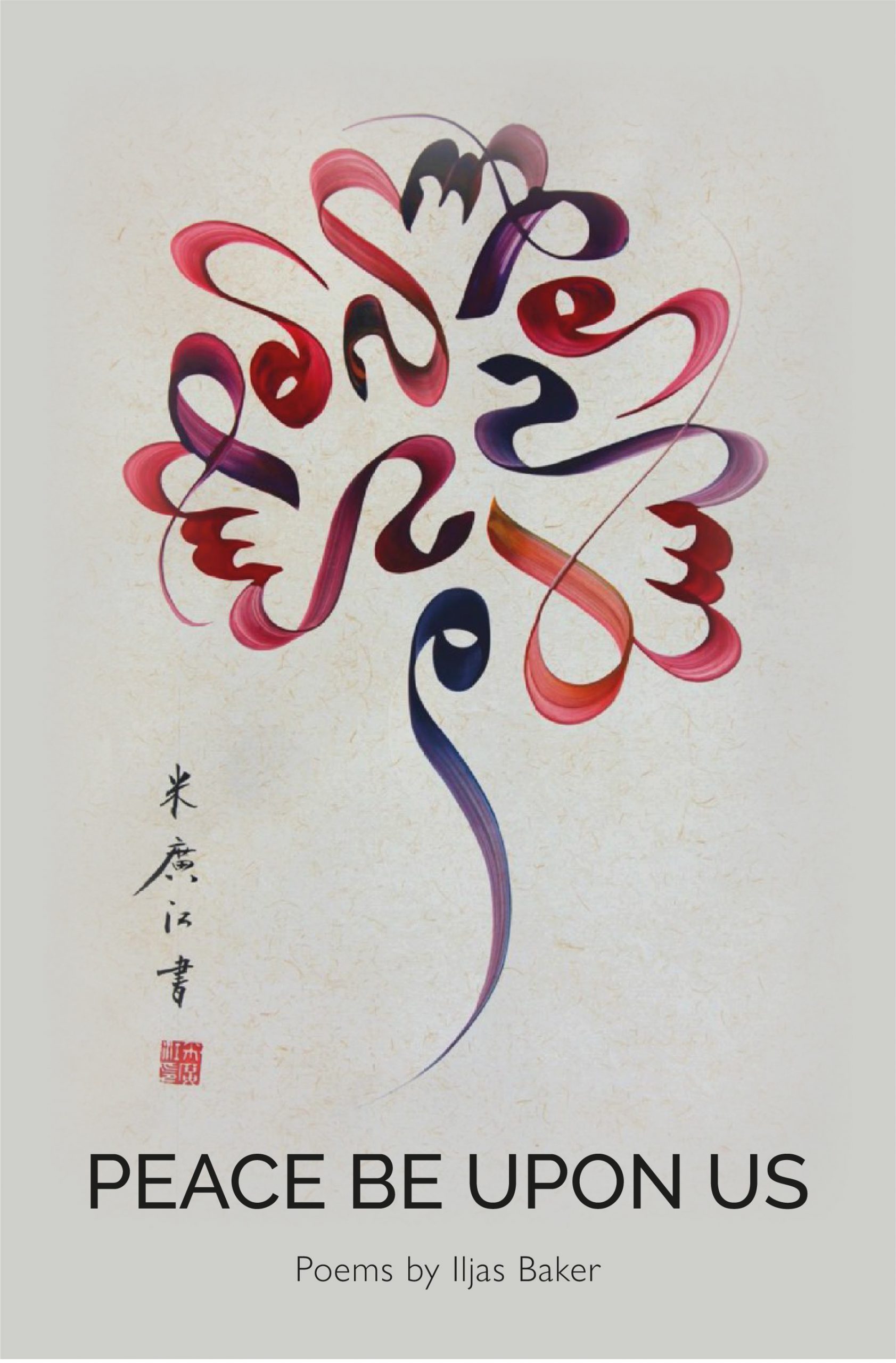RECITING QADDISH±
O Israel
don’t you remember
the shoah±±
didn’t you swallow its meaning
don’t you hear
the children of Gaza crying
as they recite
in this place
or in any other place
may there be
abundant peace and grace
may there be
loving-kindness and compassion
may there be
long life and ample sustenance
may there be
salvation
they are reciting your words
O Israel
how can you not hear
± qaddish (also transliterated as kaddish) refers to the mourners’ qaddish, which is a Jewish prayer said communally when someone close has died.
±± shoah is the Hebrew word for the Holocaust.

About the Poet
Iljas Baker was born in Scotland in 1949 and was educated at Strathclyde, Aberdeen and Edinburgh universities. He now lives in Thailand where he has recently retired from teaching at Mahidol University International College. He is married with a son and a daughter and two grand-daughters. Click on photo to read our interview with the author.

PEACE BE UPON US - Poems by Iljas Baker
“In this sublime book Iljas Baker gives us a glimpse - in poetic form - of his spiritual journey through Buddhism, the spiritual exercise of Subud, and Islam. Many of the poems use Chinese and Japanese poetical forms, especially Haiku, Haibun and Tanka, but express somewhat uniquely an Islamic rather than a Buddhist worldview. The presence of some examples of the world-famous calligrapher Haji Noor Deen's Chinese interpretations of Islamic calligraphy adds a beautiful and complementary graphic element to the subtle marriage of East Asian literary forms and Islamic spirit to be found in this book. Iljas's poems and poetic artistry demonstrate the universality of Truth which, being Absolute, can and must manifest in every culture and in every art form, and both penetrate and embrace human life from the most mundane to the most exalted.” -Imam Feisal Abdul Rauf, Founder and President of Cordoba House




